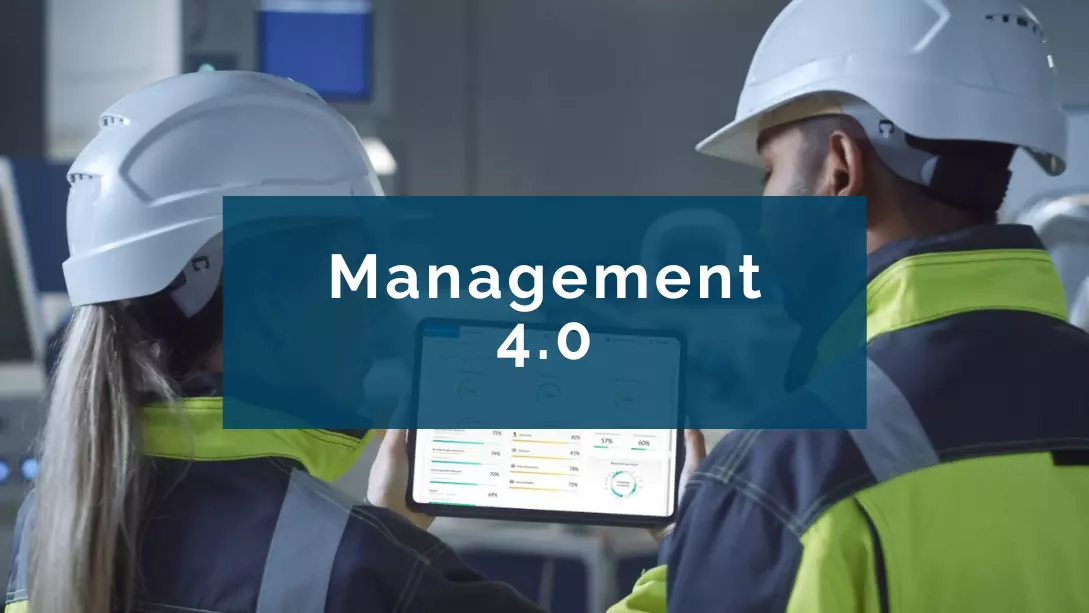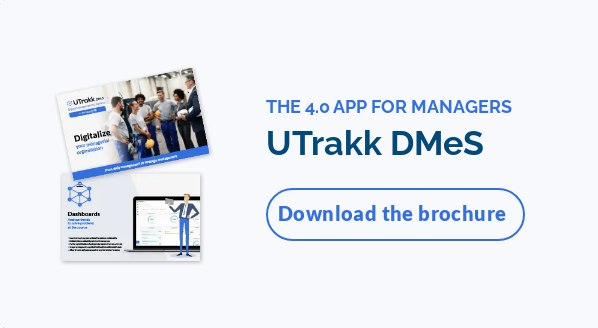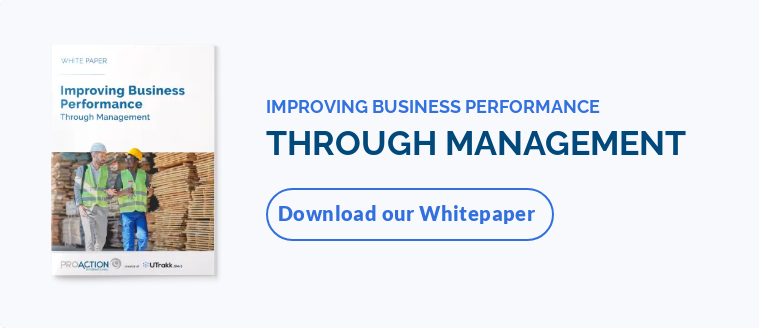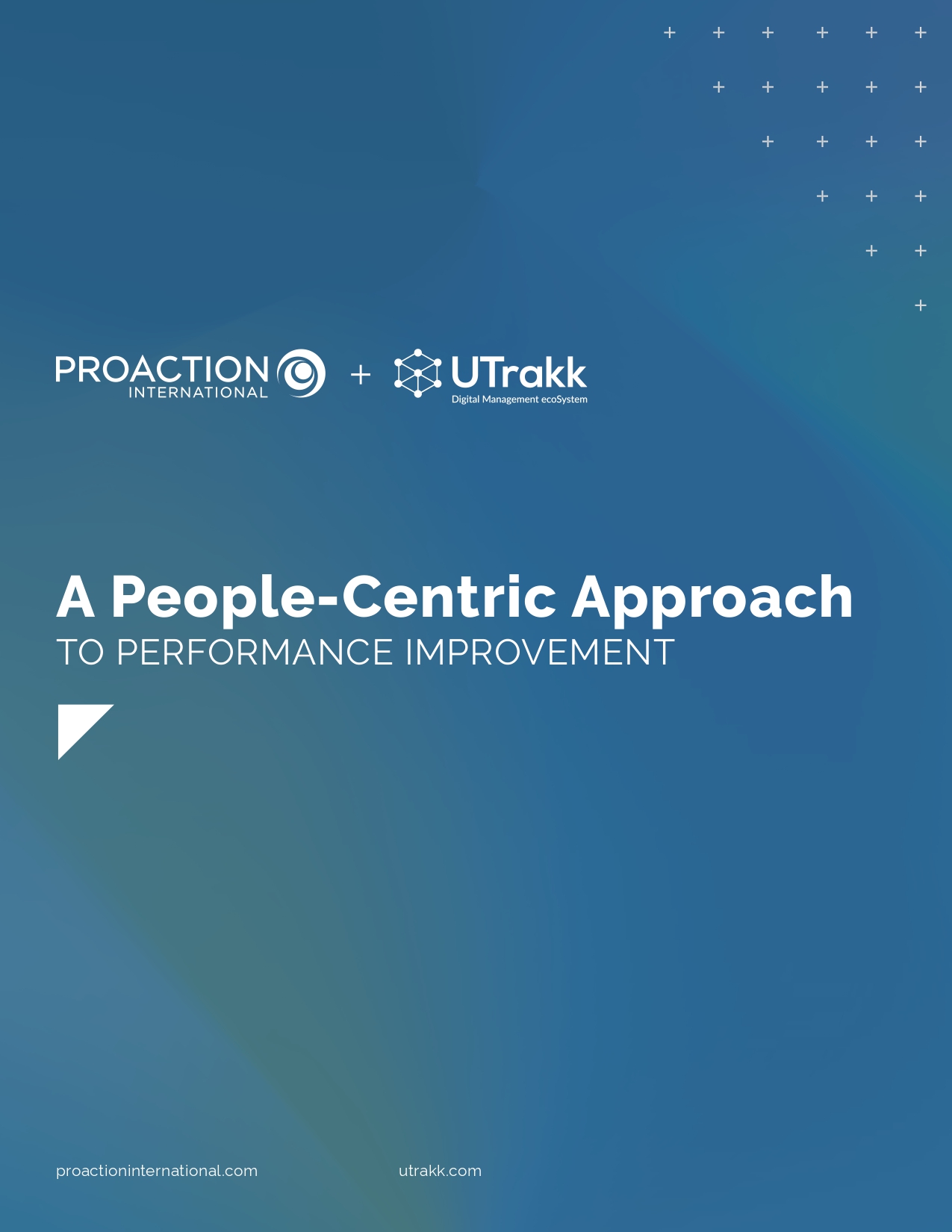New management models
Much like previous industrial revolutions, Industry 4.0 is marked by a shift in mindset.
The new generations of workers entering the workforce do not share the same values as the more senior staff members. For organizations and work teams to perform to their full potential, leaders and managers must review their management models to bridge the generational gap and better collaborate with multigenerational teams to benefit from everyone's strengths.
Today's manager leads just as many workers as before. Their challenges remain the same as those of the 3.0 manager, but with an added technological component. They must therefore further develop their soft skills to mobilize their teams, and that is something a machine simply can't do.
Antoine Drapeau-Perreault, CEO Canada, Proaction International
Moreover, with omnipresent technology and the rise of automation, employees are more than ever searching for meaning.
To mobilize their teams, managers today must adopt a coaching attitude. While technology undoubtedly provides tools essential to companies' sustainability, it doesn't replace human qualities. Therefore, the development of operational and managerial skills remains at the heart of this digital transformation.
Consequently, the 4.0 leader is a manager who:
- Believes in their employees and helps them to develop;
- Is constantly evolving to adapt to rapid technological changes;
- Has the courage of their convictions and the humility to admit their mistakes;
- Inspires by their transparency.
Here are some keywords HR specialist Jean-François Bertholet recommend shifting in our organizations:
- Incentives → Recognition
- Obedience → Engagement
- Control → Accountability
An increasingly complex ecosystem
Real-time access to massive databases of information is a true revolution. We can now better analyze teams' work, know the Overall Equipment Effectiveness, etc. One can easily get carried away and lose track of priorities.
In a world of information overload, a solid management structure to manage all this data becomes essential. Managers must be equipped with the proper tools to take advantage of it and learn how to target relevant information (critical thinking, complex problem-solving, etc.).
How to keep the necessary balance for good management?
Mindfulness and emotional intelligence are very effective tools to introduce into our daily lives, especially in this Industry 4.0 and all-connected era. Despite our busy schedules and the whirlwind of information, taking time out to breathe must also be a priority. In these downtime moments, managers learn to listen to their own selves.
People cannot manage like machines; human management involves recognizing one's emotions and those of others and getting to know oneself and others.
This is how we can learn to work better together.
Labor shortage
Although many processes are automated nowadays, people remain the driving force of any company. Critical thinking and decision-making are human skills that artificial intelligence cannot replace. For Antoine Drapeau-Perreault, optimum organizational performance is based on the right combination of human management and technological tools.
However, human management requires manpower, and this is a resource that is becoming increasingly scarce. Indeed, unemployment rates have been steadily declining for the past few years, indicating a labor shortage that will not go away any time soon.
People don't leave a company; they leave a boss.
Have you heard this one before? Well, managers play a key role in retaining employees, especially in positions requiring specialized labor. Employee retention is all about engagement.
How do you motivate your teams and inspire them to engage?
To succeed in this, the manager must master the art of:
- Communicating a clear vision and objectives.
- Contributing to transforming the leadership culture towards a more participative model that uses employees' full potential.
- Involving employees in sharing ideas and solutions.
When everyone in an organization plays their part in a collective vision to achieve a common goal, meeting objectives as a team is motivating.
This approach creates a much stronger performance movement within the company and enhances the sense of belonging, greatly contributing to employee retention.
Connecting Industry 4.0 and Manager 4.0

Tomorrow's manager must be as agile with personnel management as he is with tools from different technology families. Having the ability to calculate performance with so much precise data is an incredible asset in a plant.
Imagine managers equipped with an application that helps them lighten their technical tasks and gives them more time to focus on innovation. What an opportunity to bring the organization to another level!
UTrakk offers this possibility - among others. This application allows to:
- Support best management behaviors
- Plan meeting rituals
- Schedule the right actions
- Manage performance gaps to seize opportunities
Offering high-performance technological tools is not enough to improve the performance of teams and organizations.
Anticipating the arrival of Industry 5.0
As soon as the concept of Industry 4.0 is integrated, we see the arrival of the 5th industrial revolution.
If Industry 4.0 marked the advent of AI and automation, successful organizations are beginning to develop the Industry 5.0 approach that puts people back at the heart of operational performance and digital transformation.
This shift marks the advent of human creativity and promotes mechanized efficiency, creating an ecosystem where humans and machines can collaborate more effectively to solve problems faster than ever before.
The technological race that still marks the 4.0 era is now added to the race to develop human skills. In this new era, the human being no longer follows but sets the pace; therefore, the good 5.0 manager will be the one who manages to get the best out of human-machine collaboration.
Managers must be supported in their evolution towards Management 4.0 and even in anticipating the 5.0 era, and key employees must be trained to coach their teams to perpetuate the process beyond the digital transition









